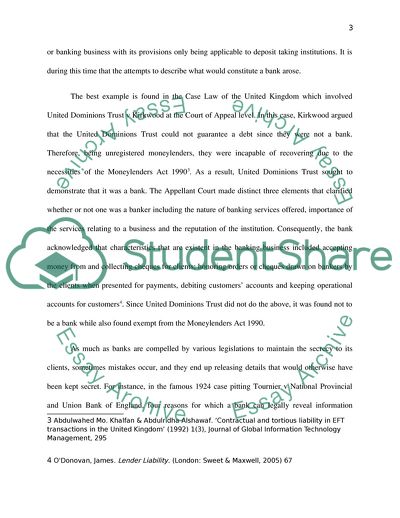Cite this document
(Code of Banking Practice Case Study Example | Topics and Well Written Essays - 2500 words, n.d.)
Code of Banking Practice Case Study Example | Topics and Well Written Essays - 2500 words. Retrieved from https://studentshare.org/law/1863549-client-advice
Code of Banking Practice Case Study Example | Topics and Well Written Essays - 2500 words. Retrieved from https://studentshare.org/law/1863549-client-advice
(Code of Banking Practice Case Study Example | Topics and Well Written Essays - 2500 Words)
Code of Banking Practice Case Study Example | Topics and Well Written Essays - 2500 Words. https://studentshare.org/law/1863549-client-advice.
Code of Banking Practice Case Study Example | Topics and Well Written Essays - 2500 Words. https://studentshare.org/law/1863549-client-advice.
“Code of Banking Practice Case Study Example | Topics and Well Written Essays - 2500 Words”, n.d. https://studentshare.org/law/1863549-client-advice.


